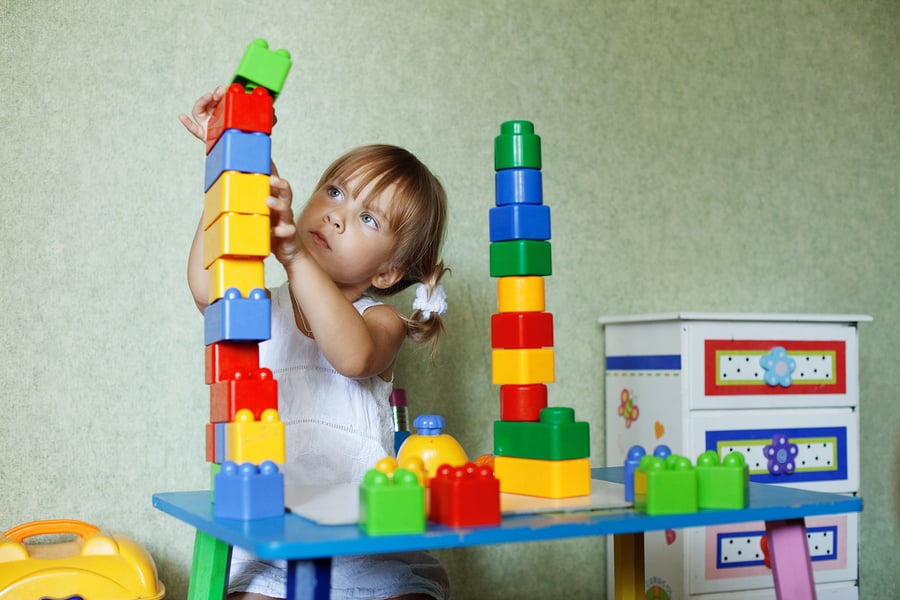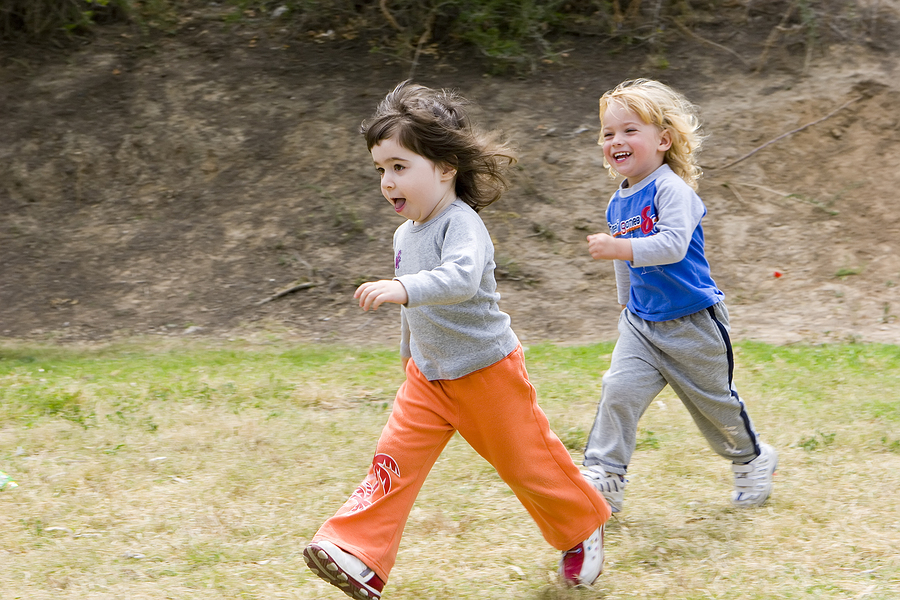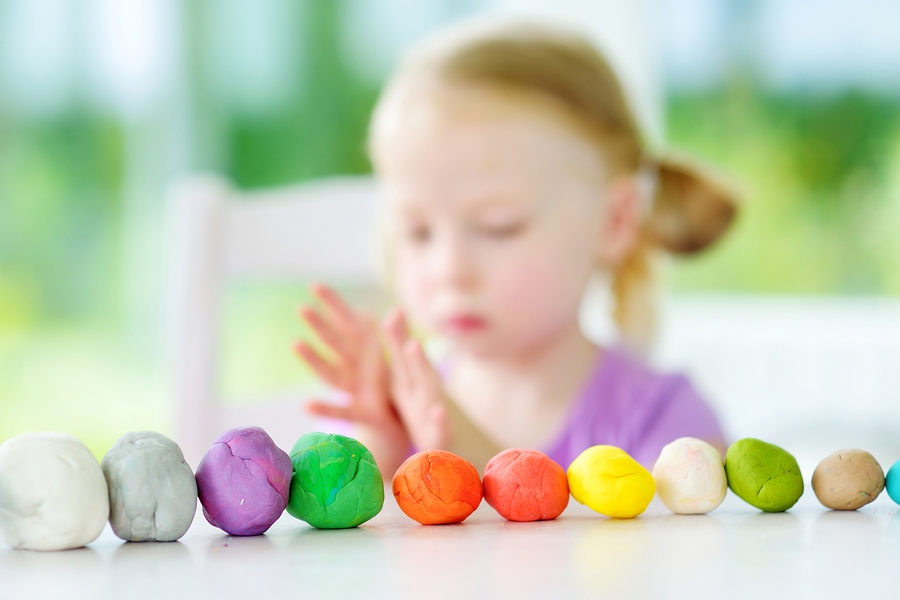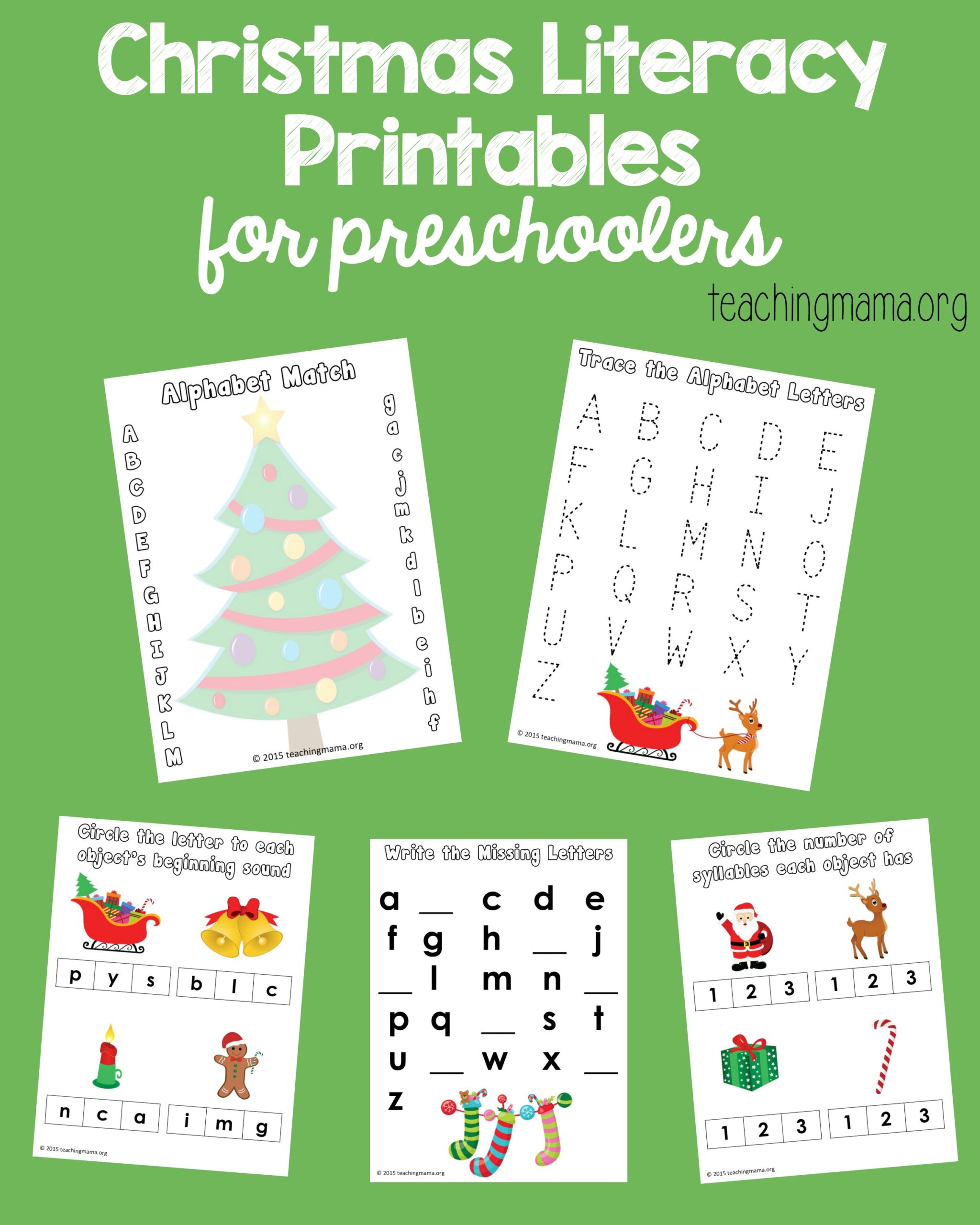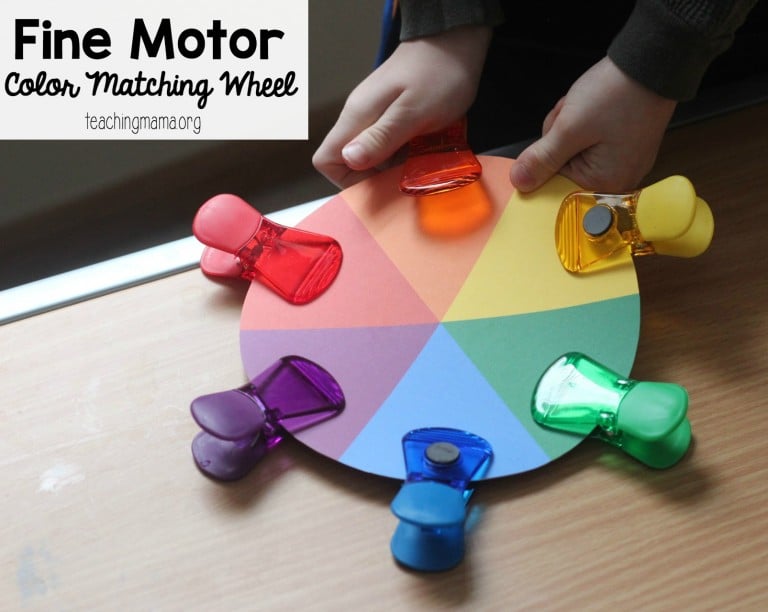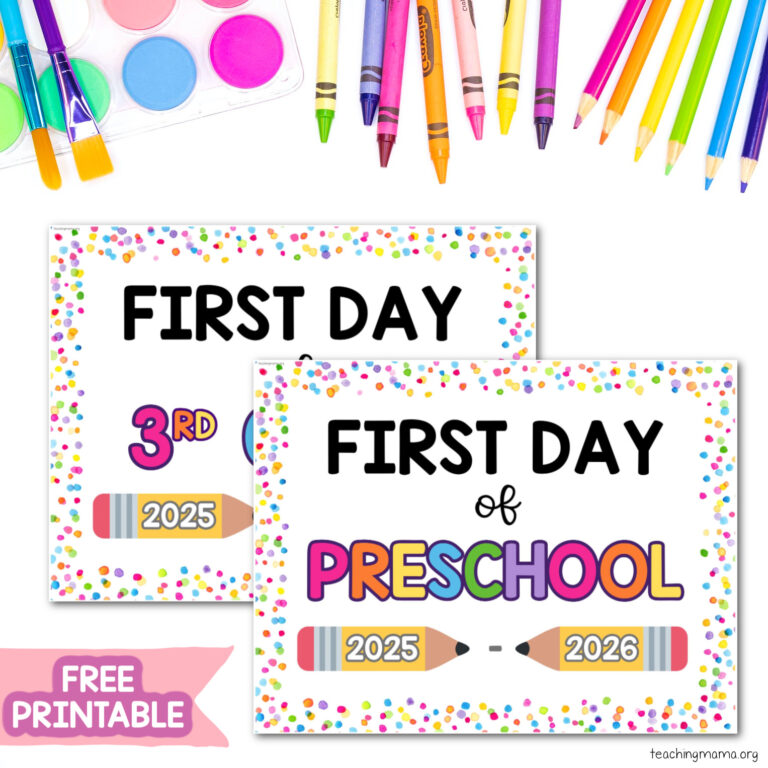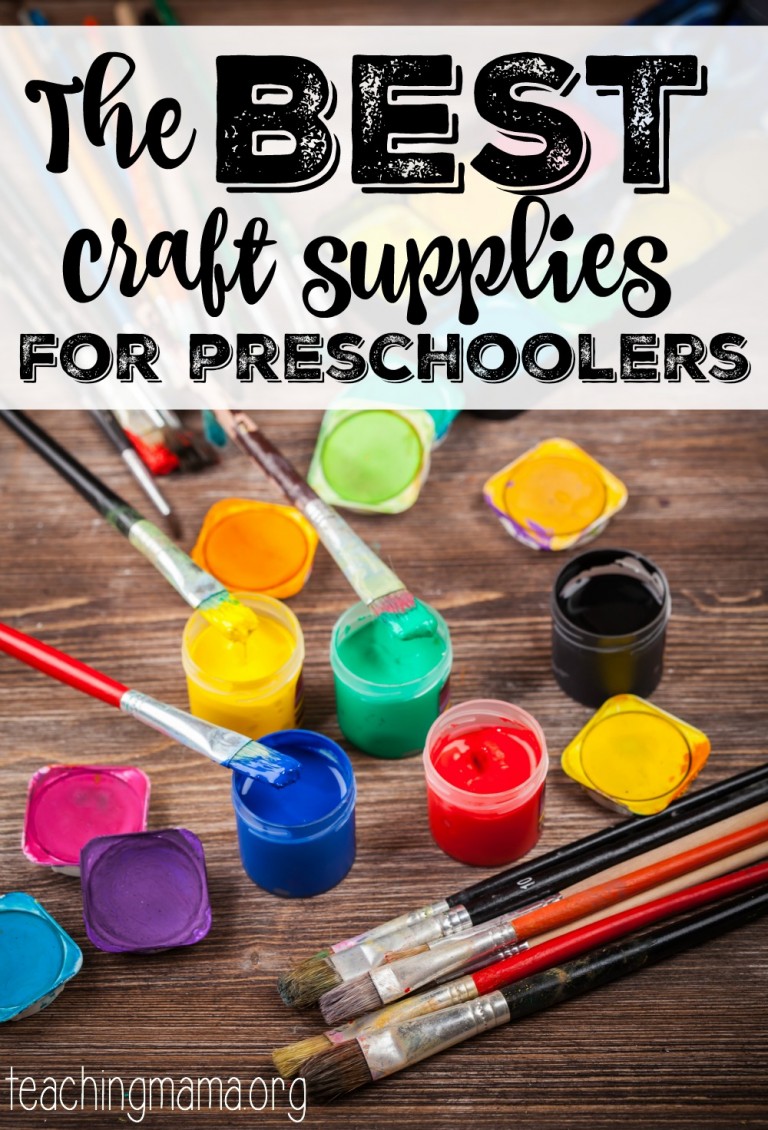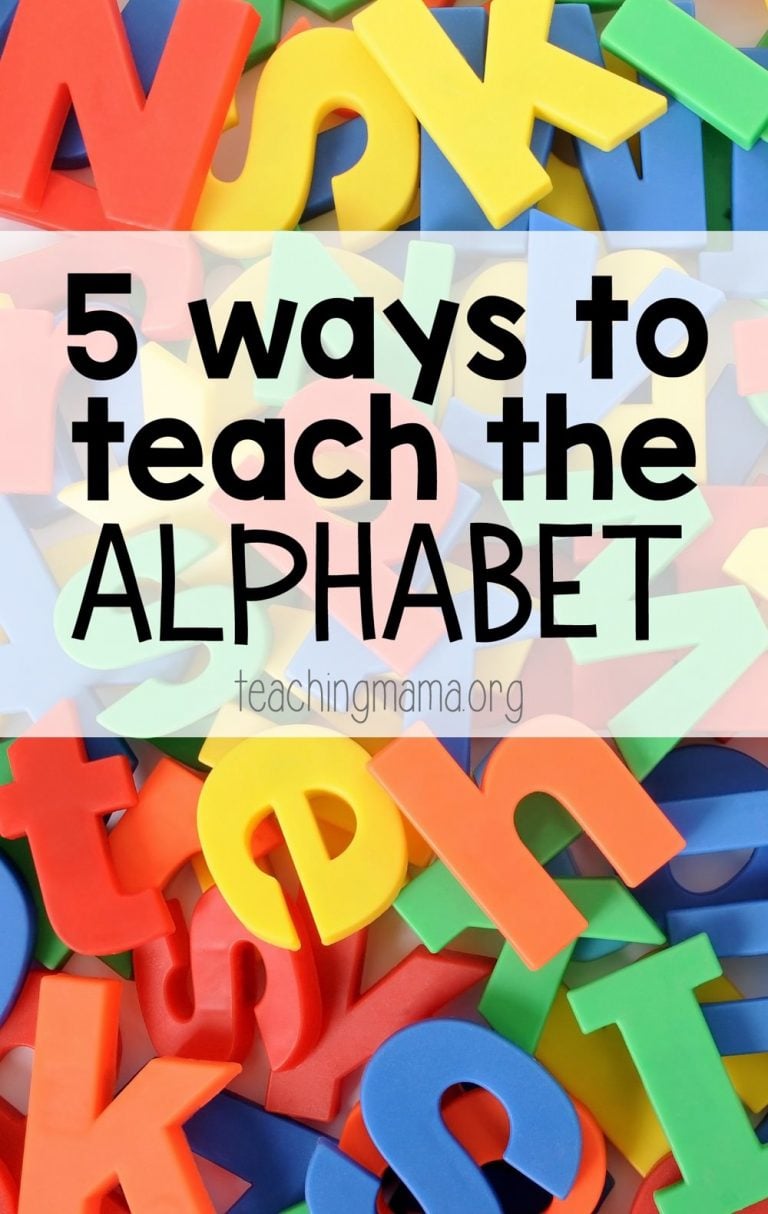The Importance of Play in Early Childhood
The early years are a time filled with play and non-stop learning.
While we all know that children learn during play, it is fascinating to understand just how much brain development occurs during play and how it is really the medium through which young children learn everything.
Here is a reminder of just some of the benefits, so that next time you start a fun activity with your children or watch them as they play in the garden, you can be reassured that what they are doing has amazing educational benefits.
Language and Vocabulary
While children are playing, they are developing language skills. The constant exposure to new things and activities builds and expands their vocabulary and as they talk about what they are engaging in, they practice using language and learning grammar and sentence construction.
While children do this naturally when playing with siblings or friends, if they are alone it is a perfect opportunity for a parent to ask questions and start a discussion. Ask about what they are doing, the equipment or toys they are using, what their goal is etc. While drawing a picture, a simple comment such as “tell me about your picture” can invite your child to share the thinking process that has gone into their creation.
Cognitive Development
Every activity provides a way for children to build their understanding of new concepts. Through play, they discover the world and learn how things work as they explore and investigate.
Their brains are stimulated and they are constantly developing their intellectual (cognitive) abilities. Children develop skills such as memory, perception, problem-solving, thinking skills etc.
Social Skills
There is no better way children learn to socialize than during play, whether it is between siblings or friends. They also learn this through interaction with parents.
Play is a constant game of give and take between two or more children. Whether they are establishing rules for a new game, deciding what to build with their blocks or acting out roles during fantasy play, there is always negotiation and compromise involved.
They practice various abilities such as:
- showing compassion
- being assertive but also able to follow others’ lead
- taking turns
- follow rules
- understanding things from others’ point of view
- learning socially acceptable behavior
- showing sympathy and empathy
- taking others feelings into account
- resolving conflict independently
- learning to compromise
Emotional Development
Some forms of play, such as when children dress up and role play, are excellent ways for them to safely express their feelings and make sense of their world while playing. They develop emotional intelligence when given appropriate outlets and ways to explore feelings.
Other activities such as sand play, water play or moulding play dough can be wonderful for relieving anxiety and providing a positive experience that a child can feel success with.
Fine and Gross Motor Skills
Physical skills are an important part of a child’s overall development.
During physical play children develop their large muscles through movements such as climbing, chasing, riding, swinging, hanging, skipping, swimming etc.
They then develop their small muscles through activities such as playing with construction blocks, threading, beading, playing with pegboards, drawing, cutting, painting and other art activities etc.
The building of gross and fine motor skills is very important for a child to be able to function and perform everyday movements and self-care tasks, as well as learning to write and hold a pencil.
Problem-Solving
When children are engaged in play, they often need to face challenges and solve problems along the way.
The problems may come in the form of a conflict with a friend, a tower of blocks that keeps falling down or a color of paint that is missing and needs to be mixed. Whatever the challenge, playing provides a way to find solutions in a fun way and practice this important life skill.
Mathematical Skills
Mathematical skills are not developed during the grades, but rather in the early years of play. This is the time when the foundational concepts are introduced. If enough of these meaningful experiences are offered early on, children will find it natural to learn more formal mathematical concepts later on.
Children will learn concepts like number and amount, measurement, capacity, mass, area etc through play. The best places to learn these are in the sandpit, the water trough and the kitchen. Maths is everywhere in daily experiences.
Pre-Reading Skills
Before children learn to read formally, they must develop pre-reading skills. Two of the most important skills are visual and auditory perception. The brain must be able to correctly interpret what is hears and sees in order to form letters, recognize them, and blend the sounds together into meaningful words.
These skills can be built through play activities such as memory games, matching games, rhyming games etc. Here are some great ideas of visual perceptual activities.
I hope you’ve found it interesting reading about some of the major learning that occurs during play. Know that when your kids are drenched in mud or paint, they have had a very good day of learning!
Tanja is a former preschool and early grades teacher. She started her blog Empowered Parents to help parents get involved in their children’s learning journey. She has a passion for talking about the benefits of play in early childhood. You can find her website at www.empoweredparents.co or her Pinterest profile at https://za.pinterest.com/theempoweredparents/

